The draft Law on E-commerce was submitted to the National Assembly Standing Committee for comments at the meeting this morning, September 22.
According to the Government 's submission, the basic contents of the draft closely follow 6 policies. Accordingly, the draft clearly stipulates the types and responsibilities of the subjects participating in e-commerce. The important new point here is the identification of sellers. Specifically, the draft requires platform owners to identify domestic sellers via VNeID and foreign sellers via legal documents. Platforms must have a mechanism to automatically censor and remove violating information when detected.
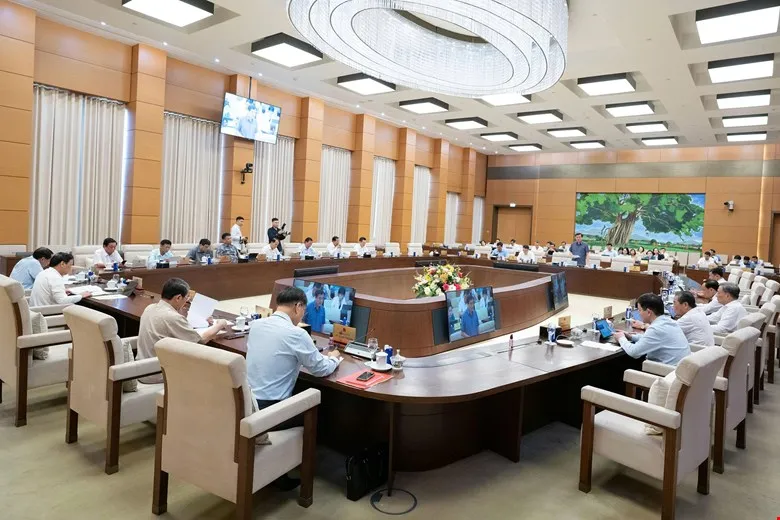
Along with that, the draft adds specific responsibilities for entities participating in livestream sales (authenticating the identity of the livestreamer, controlling content in real time) and affiliate marketing (identifying marketers, monitoring activities). All entities must be transparent about information about the owner, seller, product and transaction conditions.
For social networks with e-commerce activities, the draft requires the function of classifying seller accounts, separating sales content and having a contract confirmation tool. For multi-service integration platforms, the draft stipulates obligations to prevent the risk of abuse of monopoly position, such as not forcing integration platforms to use their services.
In particular, the draft clearly states that the owner of a foreign e-commerce platform (if it has the Vietnamese language, a ".vn" domain name or reaches a certain transaction threshold) must establish a legal entity in Vietnam or designate an authorized legal entity. The authorized legal entity must fully perform the legal responsibilities of the platform owner and make a deposit at a bank in Vietnam to ensure compensation for damages to consumers. Foreign sellers must comply with regulations on information provision and product transparency similar to domestic sellers to ensure fair competition.
The first draft adds responsibilities to organizations providing technical infrastructure, logistics, payment and electronic contract certification services. Accordingly, these units are only allowed to cooperate with legally operating e-commerce platforms and must coordinate with state agencies to handle violations, for example, preventing violations within 24 hours upon request.
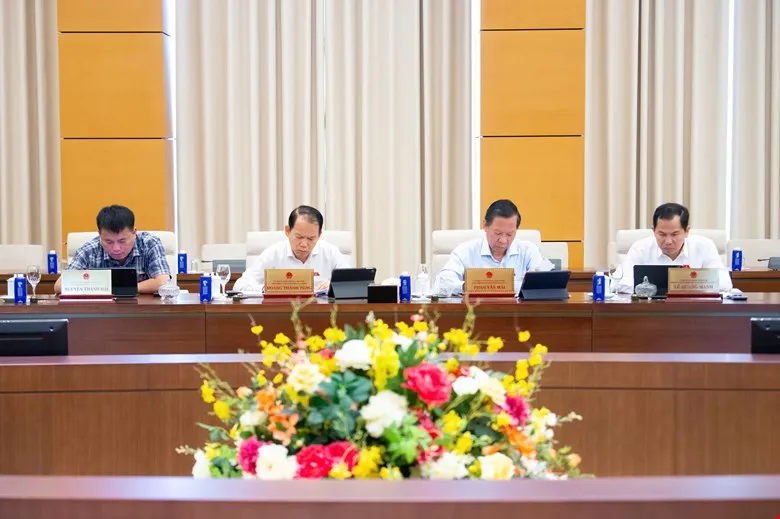
Through examination, the Economic and Financial Committee believes that the scope of regulation as drafted is too broad, leading to overlap with other laws (Law on Cyber Security, Law on Digital Transformation...).
“The Economic and Financial Committee recommends that the scope and content of "e-commerce activities" regulated by this law must be clearly defined, and the boundaries must be demarcated from other fields. In addition, the fight against counterfeit goods and tax losses cannot be solved by the E-commerce Law alone, but the entire legal system must be improved,” emphasized Phan Van Mai, Chairman of the Economic and Financial Committee.
The representative of the inspection agency also noted that it is necessary to ensure the principle of innovation in management methods, avoid creating additional layers of responsibility, avoid unnecessary administrative procedures and burden compliance costs for businesses.
Source: https://www.sggp.org.vn/dinh-danh-nguoi-ban-qua-vneid-va-giay-to-hop-phap-post814109.html


![[Photo] Prime Minister Pham Minh Chinh attends the groundbreaking ceremony of two key projects in Hai Phong city](https://vphoto.vietnam.vn/thumb/1200x675/vietnam/resource/IMAGE/2025/9/27/6adba56d5d94403093a074ac6496ec9d)





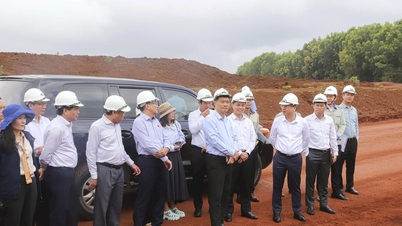

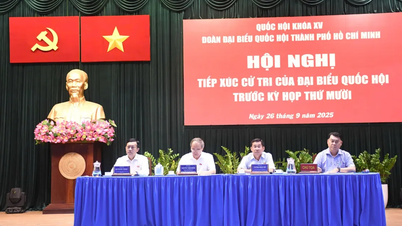






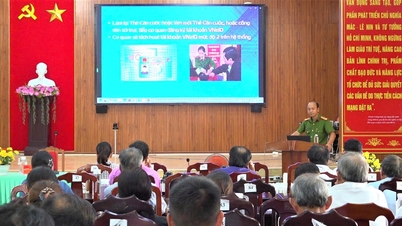




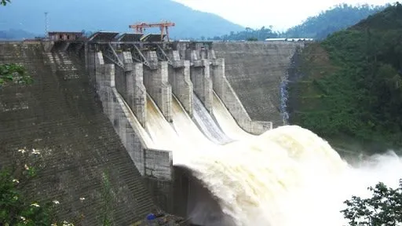




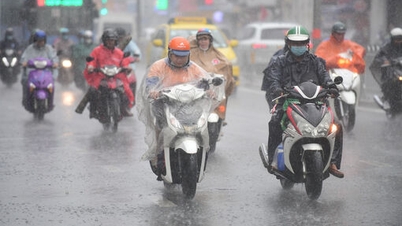



















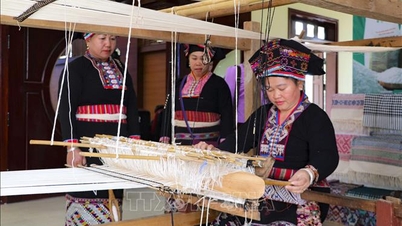








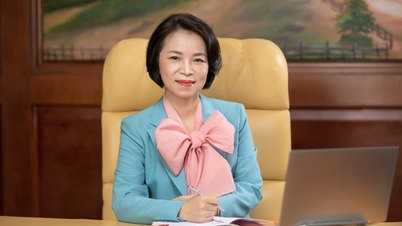




















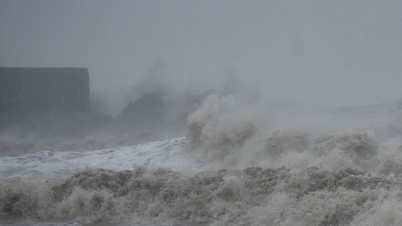
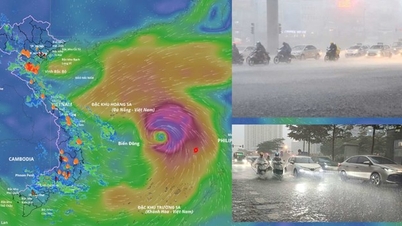






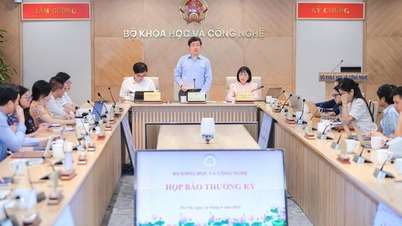


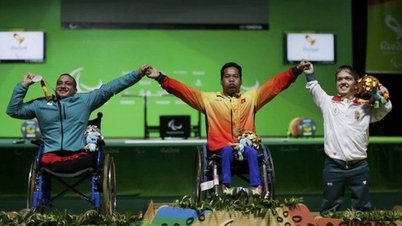
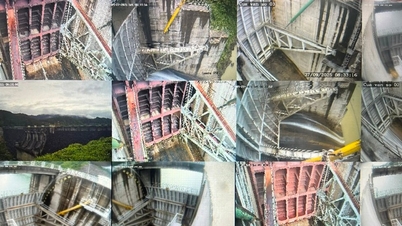








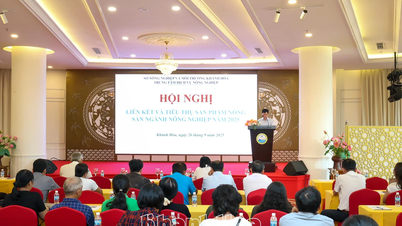




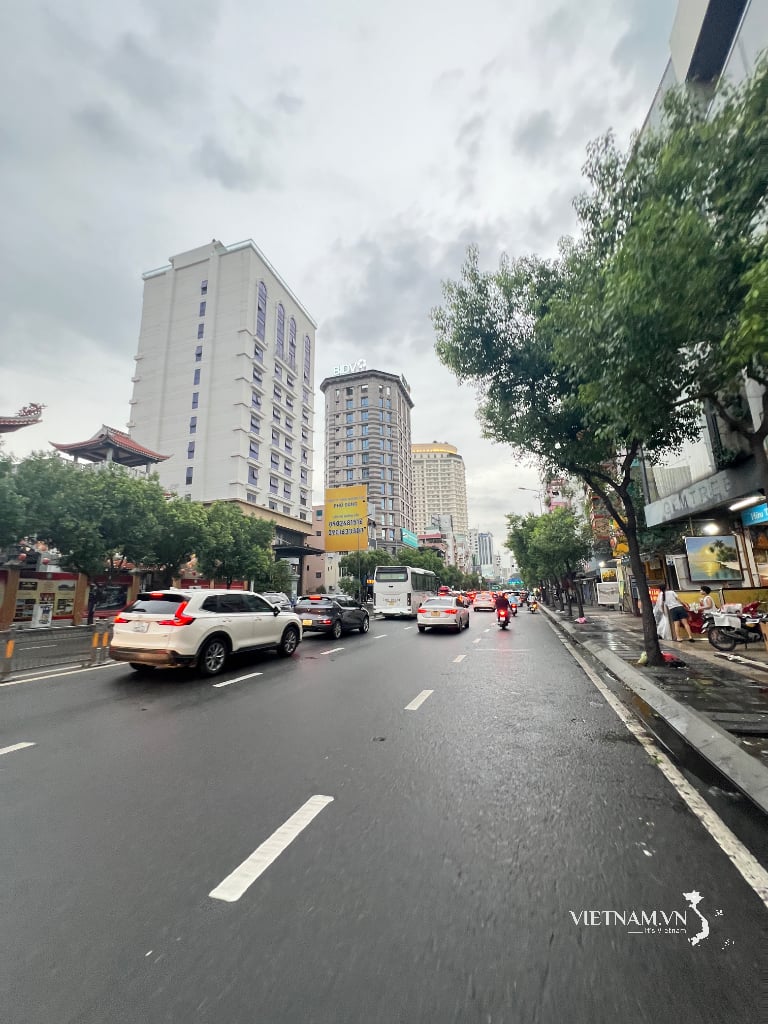



Comment (0)